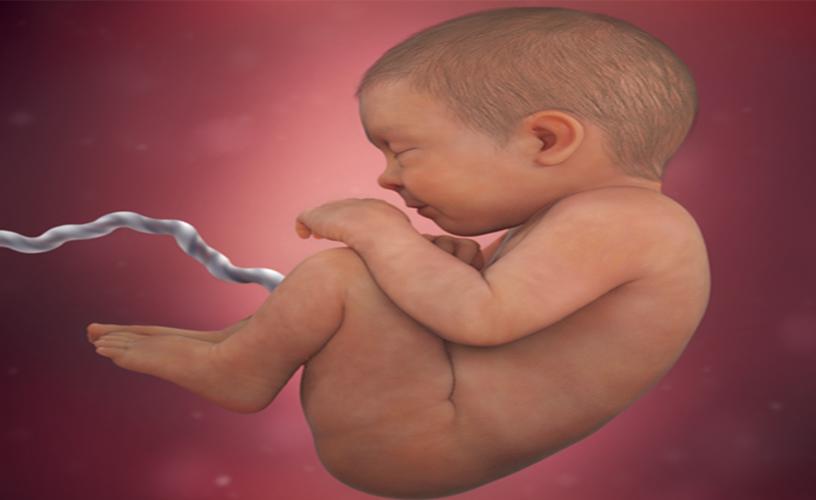40 Weeks Pregnant: The Big Day is Here!
Congratulations! You've reached the milestone of 40 weeks pregnant, and you're now very close to meeting your baby. This week is filled with excitement for both you and your baby. In this post, we’ll cover your baby’s development, changes in your body, potential signs of labor, and important things to consider during this week.

Your Baby's Development
At 40 weeks, your baby is approximately 50-53 cm long and weighs around 3.4-3.6 kilograms. Your baby is now fully developed and ready to enter the world. The lungs are fully matured and ready for breathing. Due to the reduction in amniotic fluid, you might feel a slight decrease in your baby’s movements, which is completely normal. The bones in your baby’s skull may still be soft and not fully fused, allowing for easier passage through the birth canal.
Changes in Your Body
This week, your body is fully prepared for labor, and you may experience a variety of signs:
- Signs of Labor: You may experience regular and strong contractions this week. These contractions could be a sign that labor has begun. Additionally, your water may break, or you might notice a mucus plug, both of which indicate that labor is near.
- Cervical Dilation: Your cervix may start to dilate in preparation for birth, which is a strong indication that labor is imminent.
- Pain and Discomfort: You may feel pressure and pain in your pelvic area as your baby moves lower into the birth canal.
- Fatigue and Sleep Issues: Fatigue and sleep difficulties are common during the final weeks of pregnancy. Finding a comfortable sleeping position can be challenging.
Things to Keep in Mind
Week 40 means you are very close to welcoming your baby into the world. Here are some important things to keep in mind this week:
- Is Your Hospital Bag Ready? Make sure your hospital bag is packed and ready to go. Ensure that all necessary items are included.
- Contact Your Doctor: If you experience regular contractions or your water breaks, contact your doctor immediately. Confirm that labor has started and discuss when to head to the hospital.
- Practice Relaxation Techniques: Before contractions begin, practice relaxation breathing techniques and other methods that can help you during labor. These can help make the process more comfortable.
- Inform Your Loved Ones: Don’t forget to inform your loved ones when you believe labor has started. This will ensure you have the support you need during the birth.
Postpartum Preparations
It’s also a good idea to prepare for the postpartum period. Being informed about postpartum care, breastfeeding, and your baby’s needs during the first days will help you navigate this time more easily.
General Advice
During this week, labor can begin at any moment. Prepare yourself for this special event and try to remain as relaxed as possible. Keep track of labor signs and stay in close contact with your doctor. Remember, you’ll soon be meeting your baby!




